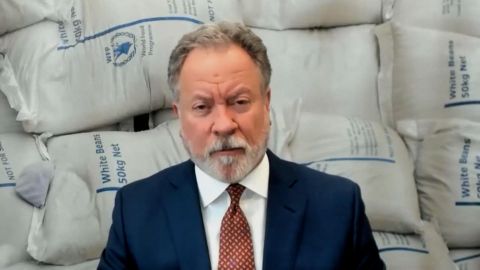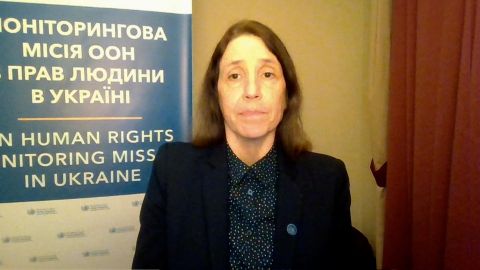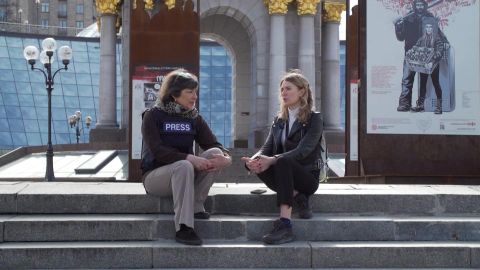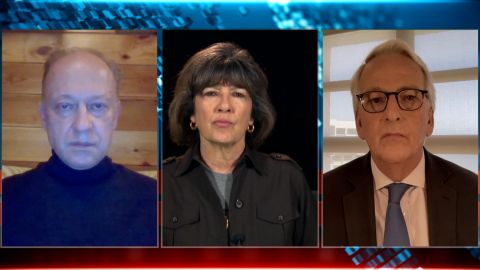Read Transcript EXPAND
CHRISTIANE AMANPOUR: Where do you see, having listened to everything that’s come out of the Kremlin over the last certainly 34 days of war, but recently, do you see them coming to any sort of consensus over what might be the parameters of an end to this? Because we have actually heard from the spokesman, Dmitry Peskov, that there was no effort or, rather, no intention of regime change. We have heard words spoken about demilitarization and denazification, and they seem to brush that away right now. Where do you think a Russian parameter, negotiating parameter, would be right now?
ANDREY KORTUNOV, DIRECTOR GENERAL, RUSSIAN INTERNATIONAL AFFAIRS COUNCIL: Well, I think that the most important thing is for the Russian leadership to recognize that Ukraine has the right to exist as an independent country, that it has the right to choose its own political trajectory, its own domestic directions of development. So, in my view, Ukraine should become something like a larger Moldova, a country which can and is willing to get closer to the European Union, maybe to enter the European Union at some point, a country which can have its own political system, but is not trying to provoke the Kremlin by articulating its intention to join an adversarial military alliance. Of course, the issue of security guarantees is a very difficult question, because Ukraine needs something more than just a memorandum of understanding, more than the Budapest document of 1994. It wants to have legally binding commitments of major powers to protect its security. And that wouldn’t be easy. I agree that there are certain procedures. And, right now, we have negotiations between Moscow and Kyiv, but we still have to get some reaction from the countries which are supposed to join this pool of nations providing for the Ukrainian security. And on top of that, on top of this ambiguity of denazification and the demilitarization, we have pending territorial issues. Of course, Ukraine find it very difficult to recognize legally that it lost Crimea forever, that Donbass should become independent. So, I’m not — again, I understand why Ukrainian leadership is trying to preserve some ambiguity on these issues. But the Russian side, and I think President Putin in particular, would like to somehow finish this unfinished business. And this is the way how he can declare victory.
About This Episode EXPAND
Ivo Daalder and Andrey Kortunov discuss what the parameters of an end to the war in Ukraine might look like. Matilda Bogner, head of the UN Human Rights Monitoring Mission in Ukraine, gives an update on casualties. David Beasley, Executive Director of the World Food Programme, explains how the war could push millions around the world to starvation.
LEARN MORE



